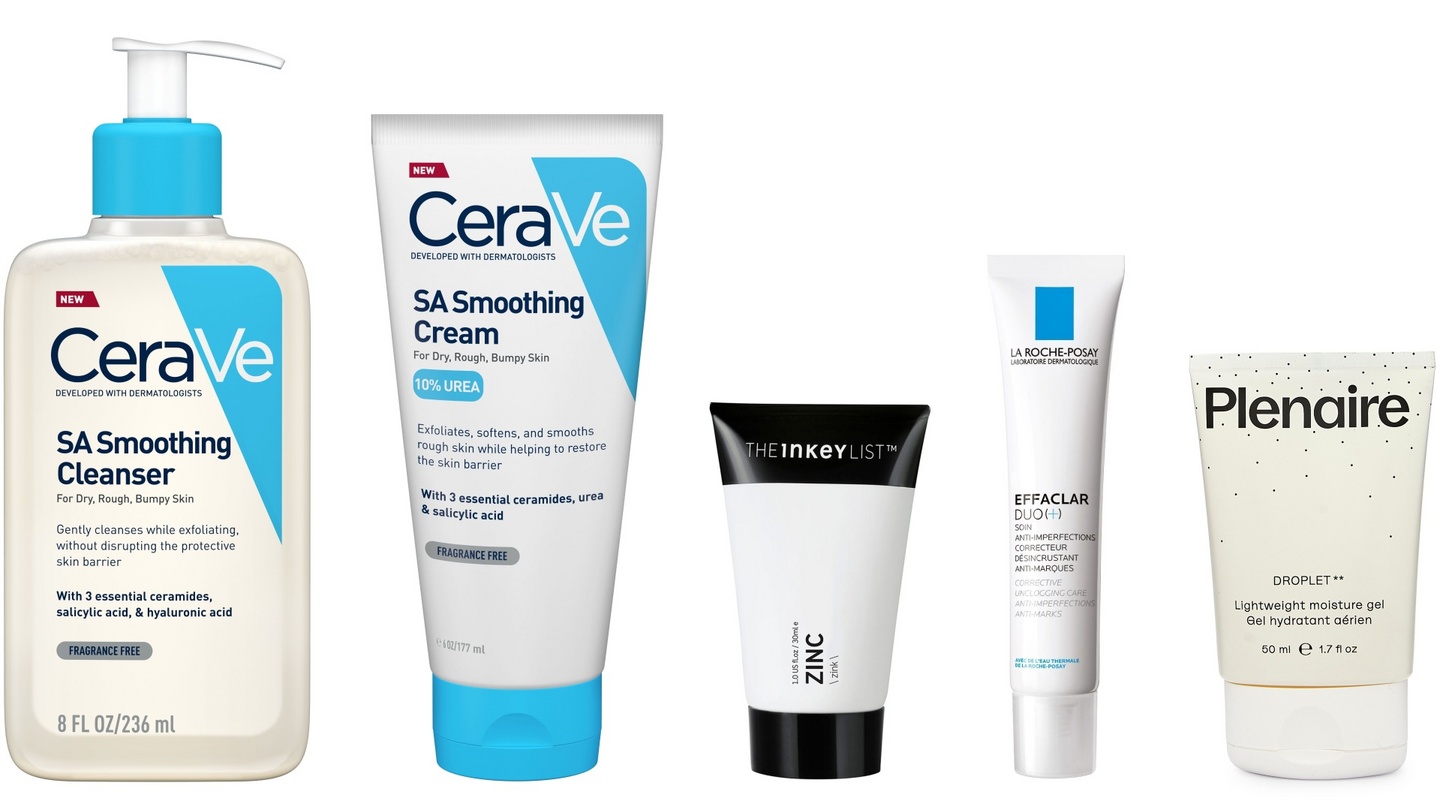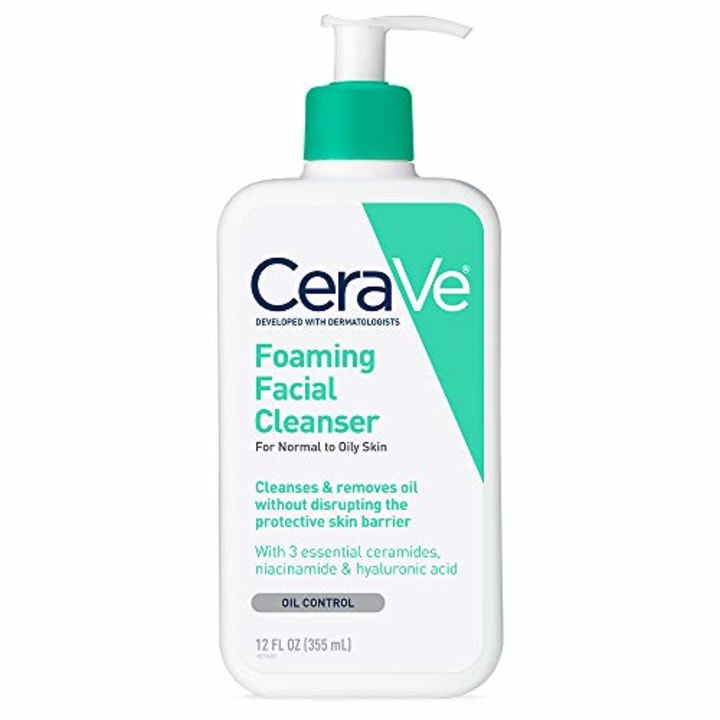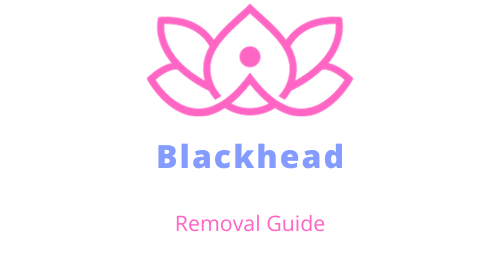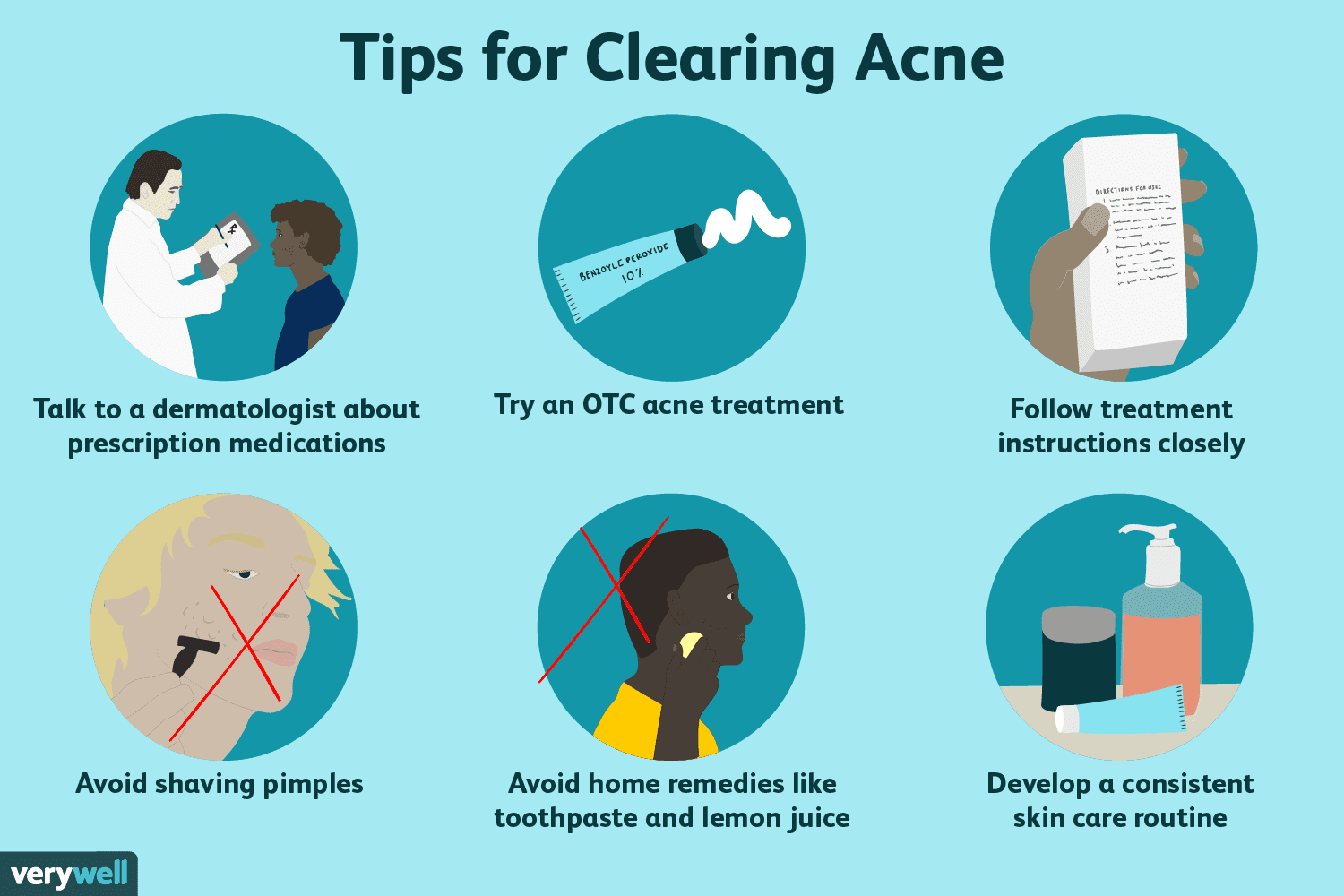Best skin care for teenager acne includes gentle cleansing and using non-comedogenic products. Consistency and patience are key.
Teenagers often face the challenge of acne due to hormonal changes. Proper skin care can help manage and reduce breakouts. Start with a gentle cleanser to remove dirt and excess oil without irritating the skin. Use non-comedogenic moisturizers and sunscreens to avoid clogging pores.
Incorporate acne treatments like salicylic acid or benzoyl peroxide for spot treatment. Avoid harsh scrubbing, which can worsen acne. Maintaining a healthy diet and staying hydrated also contribute to better skin. Regularly consulting a dermatologist ensures personalized advice and effective treatments. With the right routine, teenagers can achieve clearer, healthier skin.

Credit: m.youtube.com
Teenage Acne: More Than Just A Phase
Teenage acne is a common skin issue. Many teens think it will go away on its own. But, acne can affect self-esteem and mental health. Understanding the causes and treatments is key. Let’s dive into the science behind acne and debunk some myths.
The Science Behind Acne Breakouts
Acne occurs when hair follicles get clogged with oil and dead skin cells. This leads to pimples, blackheads, and whiteheads. Teenagers are more prone to acne due to hormonal changes. These changes increase oil production, making skin more oily.
Several factors contribute to acne breakouts:
- Hormonal changes: Puberty increases androgen levels, which boosts oil production.
- Genetics: If your parents had acne, you might have it too.
- Diet: Some foods can trigger acne, like dairy and high-sugar items.
- Stress: Stress can worsen acne by affecting hormone levels.
Common Myths About Teenage Acne
Many myths surround teenage acne. Here are some common ones:
| Myth | Fact |
|---|---|
| Eating greasy food causes acne. | There is no strong link between greasy food and acne. |
| Poor hygiene causes acne. | Acne is not caused by dirt. Over-washing can make it worse. |
| Sun exposure clears up acne. | Sun can temporarily mask acne but may worsen it later. |
Understanding these myths helps in better acne management. Proper skin care and treatment can make a big difference.

Credit: www.irishtimes.com
Identifying Your Skin Type
Understanding your skin type is crucial for managing acne as a teenager. Each skin type reacts differently to skincare products. Knowing your skin type helps you choose the right treatments. This section will guide you on how to identify your skin type.
Why Knowing Your Skin Type Matters
Knowing your skin type is the first step in creating an effective skincare routine. Different skin types have different needs. For example:
- Oily skin may need products that control excess oil.
- Dry skin requires more moisturizing ingredients.
- Combination skin benefits from a balanced approach.
Using the wrong products can make acne worse. Identifying your skin type helps you avoid this mistake.
Simple Tests For Skin Type Determination
Performing a few simple tests at home can help you determine your skin type. Here are two methods:
- The Bare-Faced Test
- Wash your face with a gentle cleanser.
- Pat dry with a clean towel.
- Wait for one hour without applying any products.
- Observe your skin in a mirror:
- If it feels tight, you have dry skin.
- If it looks shiny, you have oily skin.
- If only your T-zone (forehead, nose, and chin) is shiny, you have combination skin.
- If it feels comfortable and looks balanced, you have normal skin.
- The Blotting Sheet Test
- Take a blotting paper and press it on different areas of your face.
- Examine the paper under the light:
- If the sheet picks up a lot of oil, you have oily skin.
- If it picks up little to no oil, you have dry skin.
- If the sheet has oil only from certain areas, you have combination skin.
- If the sheet shows a moderate amount of oil, you have normal skin.
These tests are easy and quick. They provide a clear indication of your skin type. Knowing your skin type helps you select the best skincare products and routines for teenage acne.
Essential Skin Care Routines
Teenage acne can be frustrating. But, with the right skin care routines, you can achieve clear, healthy skin. Follow these essential steps to manage and reduce acne effectively.
Daily Practices For Clear Skin
Consistency is key to clear skin. Here are some daily practices that can help:
- Cleanse Twice Daily: Use a gentle cleanser to remove dirt and oil. Do this in the morning and before bed.
- Exfoliate Weekly: Use a mild exfoliant once a week. This helps to remove dead skin cells.
- Moisturize: Choose a non-comedogenic moisturizer. It keeps your skin hydrated without clogging pores.
- Sun Protection: Apply a broad-spectrum sunscreen every morning. It protects your skin from harmful UV rays.
The Role Of Hydration And Diet
Hydration and diet play a crucial role in maintaining clear skin. Here’s how:
| Hydration | Diet |
|---|---|
| Drink at least 8 glasses of water daily. Hydration helps to flush out toxins. | Include fruits and vegetables in your diet. They provide essential vitamins and antioxidants. |
| Avoid sugary drinks. They can cause breakouts. | Limit dairy and processed foods. They can trigger acne. |
Incorporating these routines into your daily life can help you manage teenage acne effectively. Remember, consistency and patience are key.
Choosing The Right Products
Finding the best skincare products for teenager acne is important. The right products can reduce breakouts and improve skin health. Many products claim to help, but not all are effective. Knowing what to look for and what to avoid can make a big difference.
Ingredients To Look For In Acne Treatments
The right ingredients can make a big impact on acne-prone skin. Here are some key ingredients to look for:
- Salicylic Acid: This helps to clear pores and reduce inflammation.
- Benzoyl Peroxide: It kills bacteria and helps to prevent new pimples.
- Tea Tree Oil: A natural antiseptic that soothes the skin.
- Niacinamide: Reduces redness and improves skin texture.
- Retinoids: Unclogs pores and promotes skin renewal.
These ingredients help to fight acne and improve overall skin health. Always start with lower concentrations to see how your skin reacts.
Products To Avoid For Acne-prone Skin
Some products can make acne worse. It’s important to avoid these:
- Heavy Oils: Products with coconut oil or mineral oil can clog pores.
- Alcohol-Based Toners: These can dry out the skin and cause irritation.
- Sulfates: Found in many cleansers, they can strip the skin of natural oils.
- Fragrances: Added scents can lead to irritation and breakouts.
- Excessive Exfoliants: Over-exfoliating can damage the skin barrier.
Avoiding these products can help keep your skin clear and healthy. Always check the ingredient list before buying new skincare items.
| Good Ingredients | Bad Ingredients |
|---|---|
| Salicylic Acid | Heavy Oils |
| Benzoyl Peroxide | Alcohol-Based Toners |
| Tea Tree Oil | Sulfates |
| Niacinamide | Fragrances |
| Retinoids | Excessive Exfoliants |
Home Remedies And Natural Solutions
Teenagers often struggle with acne, a common skin concern. Home remedies and natural solutions can help manage this issue effectively. Using simple ingredients found at home, teens can create treatments that soothe and heal their skin.
Diy Masks And Scrubs
Homemade masks and scrubs can be very effective for acne-prone skin. These solutions use natural ingredients that are gentle and nourishing.
- Honey and Cinnamon Mask: Mix 2 tablespoons of honey with 1 teaspoon of cinnamon. Apply to the face and leave for 10-15 minutes. Honey is antibacterial, while cinnamon has anti-inflammatory properties.
- Oatmeal Scrub: Combine 2 tablespoons of ground oatmeal with 1 tablespoon of honey and a splash of water. Gently scrub the face for a few minutes before rinsing. Oatmeal soothes the skin, and honey helps reduce redness.
- Yogurt and Turmeric Mask: Mix 2 tablespoons of yogurt with 1 teaspoon of turmeric. Apply to the face and leave for 15 minutes. Yogurt contains lactic acid, which gently exfoliates, and turmeric reduces inflammation.
Herbs And Supplements For Healthier Skin
Herbs and supplements can support skin health from the inside out. These natural remedies provide essential nutrients that help reduce acne and improve overall skin appearance.
- Aloe Vera: Aloe vera gel can be applied directly to the skin. It soothes irritation and reduces redness.
- Green Tea: Drinking green tea helps detoxify the body. It also has anti-inflammatory properties that benefit the skin.
- Omega-3 Supplements: Omega-3 fatty acids found in fish oil reduce inflammation and promote healthier skin.
Using these home remedies and natural solutions can lead to healthier, clearer skin. Consistency is key, so regular use of these treatments will yield the best results.
Professional Treatments And When To Seek Them
Teenagers often struggle with acne, which can be frustrating and affect their self-esteem. While many can manage acne with over-the-counter treatments, some may need professional help. This section explores professional treatments for teenage acne and when to seek them.
Dermatologist-recommended Procedures
Dermatologists are experts in skin care. They recommend various procedures for treating stubborn acne.
- Laser Therapy: Laser therapy targets acne-causing bacteria and reduces inflammation.
- Chemical Peels: Chemical peels remove dead skin cells, unclog pores, and reduce acne scars.
- Microdermabrasion: This procedure exfoliates the skin, removing dead cells and promoting new growth.
- Drainage and Extraction: This method removes large cysts, offering relief and reducing the risk of scarring.
Understanding Prescription Medications
Prescription medications are powerful tools against severe acne. Dermatologists often prescribe these medications based on individual needs.
- Topical Retinoids: These help unclog pores and prevent new acne from forming.
- Oral Antibiotics: These reduce bacteria and inflammation, helping clear the skin.
- Birth Control Pills: These are effective for girls. They regulate hormones that cause acne.
- Isotretinoin: This powerful drug treats severe acne that doesn’t respond to other treatments.
It’s crucial to consult a dermatologist before starting any of these treatments. They can provide a tailored plan that suits individual skin types and acne severity.
Here’s a table summarizing the key professional treatments:
| Treatment | Method | Benefits |
|---|---|---|
| Laser Therapy | Laser light | Kills bacteria, reduces inflammation |
| Chemical Peels | Acid solutions | Removes dead skin, unclogs pores |
| Microdermabrasion | Exfoliation | Promotes new skin growth |
| Drainage and Extraction | Manual removal | Reduces cyst size, prevents scarring |
| Topical Retinoids | Creams or gels | Unclogs pores, prevents acne |
| Oral Antibiotics | Pills | Reduces bacteria, inflammation |
| Birth Control Pills | Pills | Regulates hormones |
| Isotretinoin | Pills | Treats severe acne |
Lifestyle Changes For Lasting Results
Acne during teenage years can be tough to handle. While skincare products help, lifestyle changes play a crucial role. These changes can lead to lasting results and healthier skin.
Stress Management For Skin Health
Stress can worsen acne. Learning to manage stress can improve skin health. Consider these strategies:
- Meditation: Spend 10 minutes a day meditating. It helps calm the mind.
- Deep Breathing: Practice deep breathing exercises. They reduce stress levels.
- Hobbies: Engage in activities you enjoy. This can distract and relax you.
Avoiding stress can make a big difference. Your skin will thank you!
Sleep And Exercise: Their Impact On Skin
Both sleep and exercise play vital roles in skin health.
Sleep is essential. During sleep, your skin repairs itself. Aim for 8 hours of quality sleep each night. A regular sleep schedule can help maintain clear skin.
Exercise boosts blood circulation. This helps nourish skin cells. Regular physical activity also reduces stress. Try activities like:
- Walking: A 30-minute walk daily can do wonders.
- Yoga: It combines exercise with relaxation.
- Sports: Join a sport you enjoy. It keeps you active and social.
Combining good sleep and regular exercise can lead to noticeable improvements in your skin. A healthy lifestyle promotes clear, glowing skin.
Navigating Social Challenges And Self-esteem
Teenagers with acne face social challenges that can affect their self-esteem. It’s important to understand how to manage these challenges. This section will help teenagers navigate the social aspects of dealing with acne. We will focus on coping with peer pressure and acne stigma, and building confidence beyond skin appearance.
Coping With Peer Pressure And Acne Stigma
Teenagers often feel pressure to look a certain way. Acne can make this pressure even harder. Friends and classmates might make comments about their skin. These comments can hurt feelings and lower self-esteem.
Here are some tips to cope with peer pressure and acne stigma:
- Stay positive: Focus on the things you like about yourself.
- Educate others: Tell your friends that acne is a common and treatable condition.
- Seek support: Talk to family, friends, or a counselor about your feelings.
- Avoid negative influences: Spend time with people who make you feel good.
Remember, having acne is normal. Many teenagers experience it. You are not alone in this journey.
Building Confidence Beyond Skin Appearance
Confidence should not depend on skin appearance. There are many ways to build self-esteem. Here are some strategies to help teenagers feel good about themselves:
- Focus on strengths: Think about your talents and skills.
- Engage in hobbies: Find activities that you enjoy and excel at.
- Set goals: Achieving personal goals can boost your confidence.
- Practice self-care: Take care of your overall health and well-being.
- Surround yourself with positivity: Spend time with supportive people.
Remember, everyone is unique and valuable. Your worth is not determined by your skin. Focus on your inner qualities and achievements. This will help you build a strong sense of self-worth.
Confidence comes from within. Believe in yourself and your abilities. Acne is just a small part of who you are.
Maintenance And Preventive Strategies
Teenagers often struggle with acne, but regular care can help. Implementing maintenance and preventive strategies is key. This section will cover how to create a long-term skincare plan and tips to avoid future breakouts.
Creating A Long-term Skin Care Plan
Creating a long-term skincare plan is essential. Follow these steps to develop a plan that works:
- Cleanse your skin twice daily with a mild cleanser to remove dirt and oil.
- Use a toner to balance your skin’s pH levels.
- Moisturize daily even if your skin feels oily; choose a non-comedogenic moisturizer.
- Apply sunscreen every morning to protect your skin from UV damage.
Consistency is vital for a successful skincare routine. Stick to your plan and adjust as needed.
Tips For Avoiding Future Breakouts
Preventing future breakouts involves adopting good habits. Here are some practical tips:
- Avoid touching your face to prevent the transfer of bacteria and oil.
- Change pillowcases weekly to reduce exposure to dirt and oils.
- Use non-comedogenic makeup to avoid clogging pores.
- Stay hydrated by drinking at least eight glasses of water daily.
- Eat a balanced diet rich in fruits, vegetables, and whole grains.
Incorporating these habits into your daily routine can significantly reduce the chances of future breakouts.
Resources And Support For Teens With Acne
Acne can be a challenging experience for teenagers. Finding the right resources and support is crucial. Teens need to understand that they are not alone. Many options are available to help them manage their skin condition effectively. Below are some valuable resources and support systems that can make a difference.
Support Groups And Online Communities
Joining a support group can provide emotional relief. Teens can share their experiences and tips. Online communities offer a platform to connect with peers facing similar issues.
- Reddit: Subreddits like r/acne provide a space for sharing stories and advice.
- Facebook Groups: Many groups focus on acne support and skincare tips.
- Acne.org: This site has a forum dedicated to acne discussions.
Educational Materials And Trusted Sources
Learning about acne is the first step in managing it. Educational materials and trusted sources can provide accurate information.
| Resource | Description |
|---|---|
| American Academy of Dermatology | Offers articles and videos on acne treatment and skincare. |
| Mayo Clinic | Provides comprehensive guides on acne causes and treatments. |
| WebMD | Contains detailed articles on acne management and prevention. |
These resources can help teens make informed decisions about their skincare routine. Access to accurate information is empowering.

Credit: www.nbcnews.com
Frequently Asked Questions
What Skincare Should A 14-year-old Use?
A 14-year-old should use a gentle cleanser, lightweight moisturizer, and sunscreen daily. Avoid harsh products and focus on hydration.
Is Cerave Good For 14 Year Olds?
Yes, CeraVe is suitable for 14-year-olds. It is gentle, non-comedogenic, and dermatologist-recommended, making it ideal for teenage skin.
What Is The Best Skincare For A 12 Year Old?
Gentle cleansing, moisturizing, and sun protection are key for a 12-year-old’s skincare. Use fragrance-free, non-comedogenic products.
What Causes Teenage Acne?
Teenage acne is caused by hormonal changes, excess oil production, and bacteria. Stress and diet can also contribute to breakouts.
Conclusion
Achieving clear skin as a teenager is possible with the right care. Consistent routines and gentle products are key. Always choose non-comedogenic and dermatologist-recommended options. Patience and persistence will lead to improvement. Remember to consult a healthcare professional for personalized advice.
Start your journey to clear skin today!

